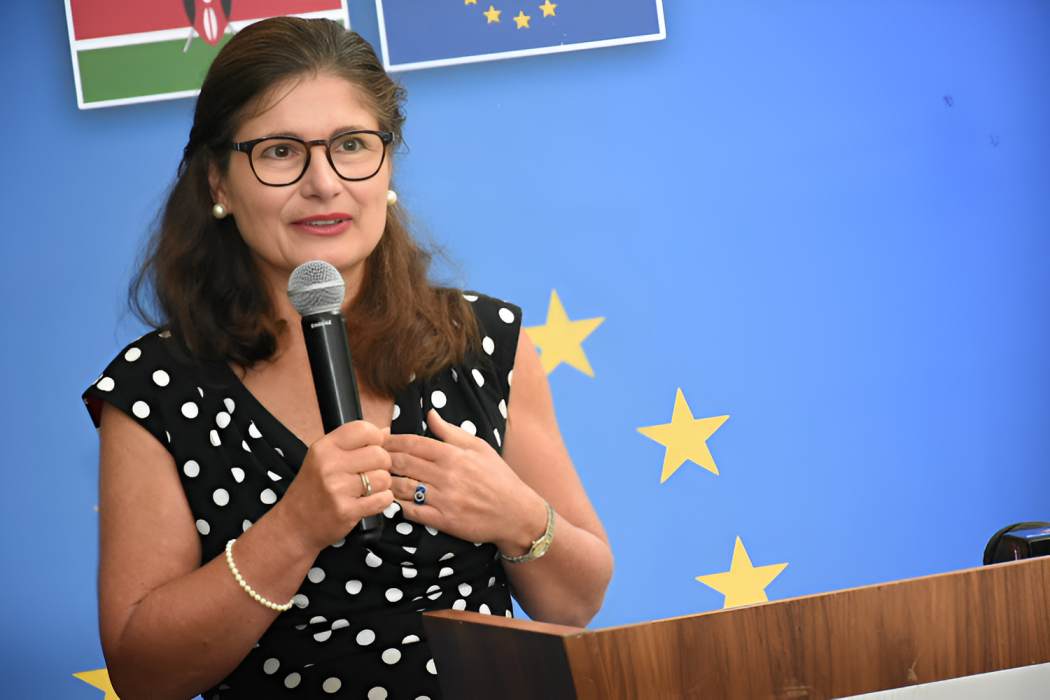Kenya has been designated a low-risk country under the European Union’s new anti-deforestation regulations, a move that is expected to ease the burden of compliance for local farmers and exporters.
EU Ambassador to Kenya, Henriette Geiger, said the classification reflects Kenya’s commendable efforts in environmental conservation and governance.
The recognition means Kenyan exports are less likely to face heightened scrutiny under the EU’s Green Deal, which mandates that all imports be free from links to forest destruction.
“Being low risk reflects your strong environmental governance. We remain committed to working with Kenya as a reliable partner,” said Geiger.
Under the new rules, countries deemed high risk will undergo more stringent inspections, which could delay shipments and drive-up compliance costs.
Agriculture Cabinet Secretary Mutahi Kagwe welcomed the EU's decision, citing Kenya’s proactive steps toward reforestation and climate-smart agriculture. “Our efforts are deliberate.
We are increasing tree cover not by coincidence, but through targeted cultivation of crops like avocado and coffee. These aren’t just for export they’re part of our climate resilience strategy,” Kagwe said.
Kenya exports large quantities of tea, coffee, and flowers to European markets annually.
Kagwe, however, warned against unpredictable regulatory changes, arguing they could undermine Kenya’s competitiveness on the global stage.
“We cannot keep moving the goalposts. If changes must happen, support should follow. These new regulations raise production costs, and our farmers can't shoulder that burden alone,” he warned.
Meanwhile, the country’s flower industry once hampered by export rejections due to the False Codling Moth has made notable strides in meeting EU phytosanitary standards.
The pest issue has largely been contained through the implementation of the Systems Approach Protocol.
“In May, we recorded zero interceptions at EU borders. So far in June, just one. This shows the effectiveness of our systems and the commitment of our farmers,” said Dr. Theophilus Mutui, Managing Director of the Kenya Plant Health Inspectorate Service (KEPHIS).
However, Mutui noted that the 25% sampling rate for flower consignments remains excessive and burdensome.
He revealed that Kenya has formally requested the EU to reduce the sampling threshold to between 5% and 10% and has also called for more EU inspectors to be deployed at entry points to accelerate clearance and reduce logistical bottlenecks.

